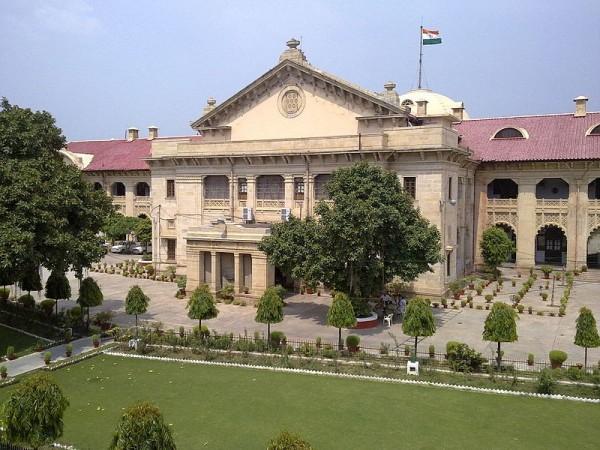In a judgment that is likely to benefit interfaith couples seeking to solemnize their marriage, Allahabad High Court on Wednesday said that the 30-day notice period under the Special Marriage Act, 1954 is not mandatory and such couples can choose not to publish their intention for marriage.
In its existing form, the Special Marriage Act, 1954 requires public notice of intended marriage by interfaith couples who do not opt for marriage under their personal laws. The public notice is displayed at the office of the marriage officer and aims at inviting objections, if any, to such a marriage.

Violation of privacy and fundamental rights
Hearing a petition filed by an interfaith couple, Justice Vivek Chaudhary said that "simplistic reading" of Sections 6 and 7 read with Section 46 containing the procedure of publication of notice invade the fundamental rights of liberty and privacy.
He, however, clarified that individuals intending to marry a person of another faith is free to publish the notice if they want to gather more information about their counterparts. "Such publication of notice and further procedure would not be violative of their fundamental rights as they adopt the same of their free will," Justice Chaudhary noted.
Rule for notice encourages conversion, court told
The court made the observations while hearing a writ petition by Sufiya Sultana who converted to become a Hindu and took the name Simran to marry Abhishek Kumar Pandey as per Hindu rituals. In her petition, Simran said that she was illegally being detained by her father who disapproved their marriage and prayed for directions for her release.
During the interaction with the couple and the woman's father, the court found that she had to convert because the Special Marriage Act required public notice which would have invited unnecessary trouble.
The couple submitted that there are so many couples who convert because of the mandatory 30-day notice under the Special Marriage Act. Based on their submission, Justice Chaudhary went back to the law and made the observations.
New interpretation to ease interfaith marriages
Under existing laws, such couples either need to convert to the religion of their spouse to register their marriage under personal laws or they need to take the route of the Special Marriage Act, 1954 which currently requires them to give a mandatory 30-day notice to the effect they want to marry.

Since such marriage happens to be on the radar of Hindutva groups and vigilante and such notices often attract vigilantism, couples often choose to convert to the religion of their spouse to avoid attention and make it quicker.
Now that the rule for mandatory publication of notice has been struck down, couples now would have preferred to solemnise their marriage under the Special Marriage Act, hence avoid conversion which will, to an extent, limit the ambit of the newly enacted new ordinance against "Love Jihad".
Uttar Pradesh Prohibition of Unlawful Conversion of Religion Ordinance, 2020, which declares conversion of religion for marriage to be unlawful, requires the couples to give a 60-day notice to the District Magistrate who would conduct a police inquiry to ascertain the real intention behind the conversion.
Since the Special Marriage Act is a central legislation, Allahabad High Court's literal reading of the law will benefit couples across the country seeking to tie the knots under the law.














